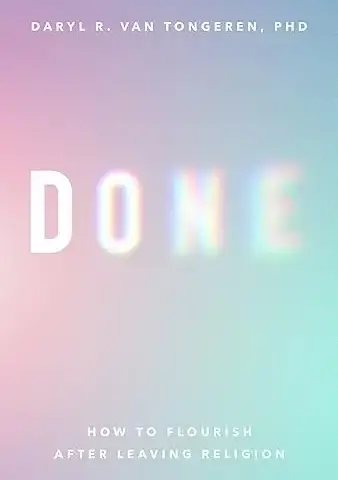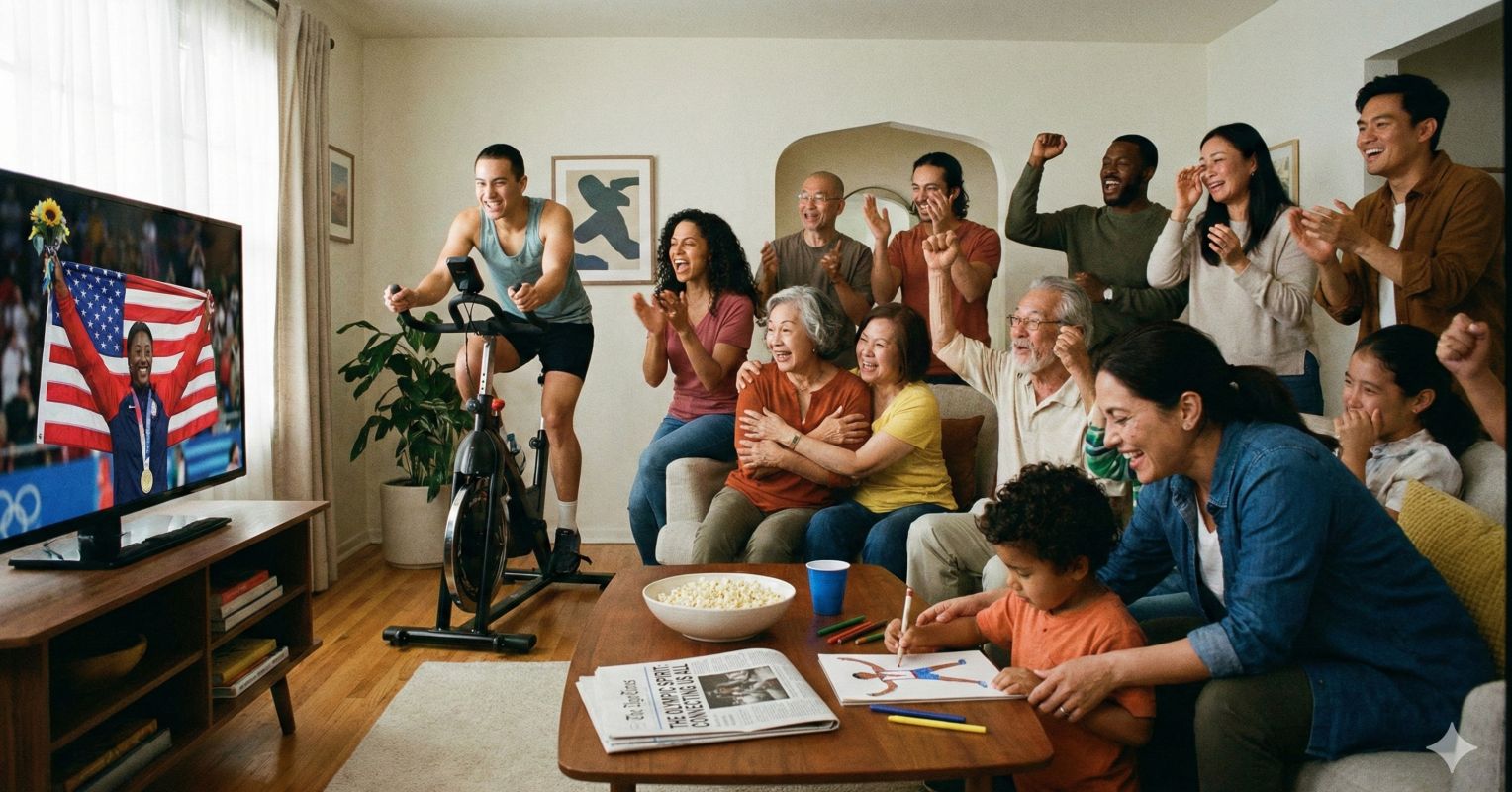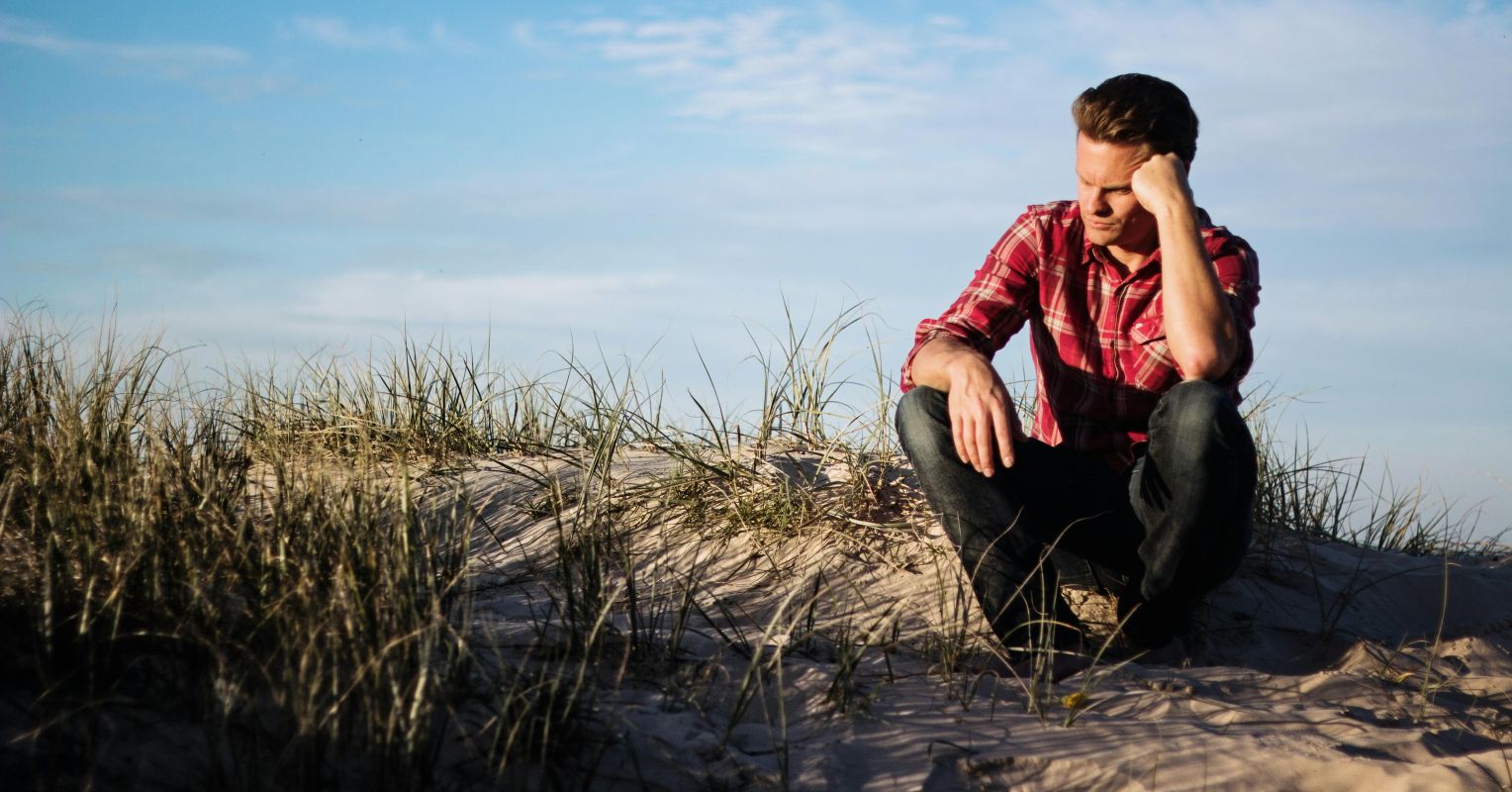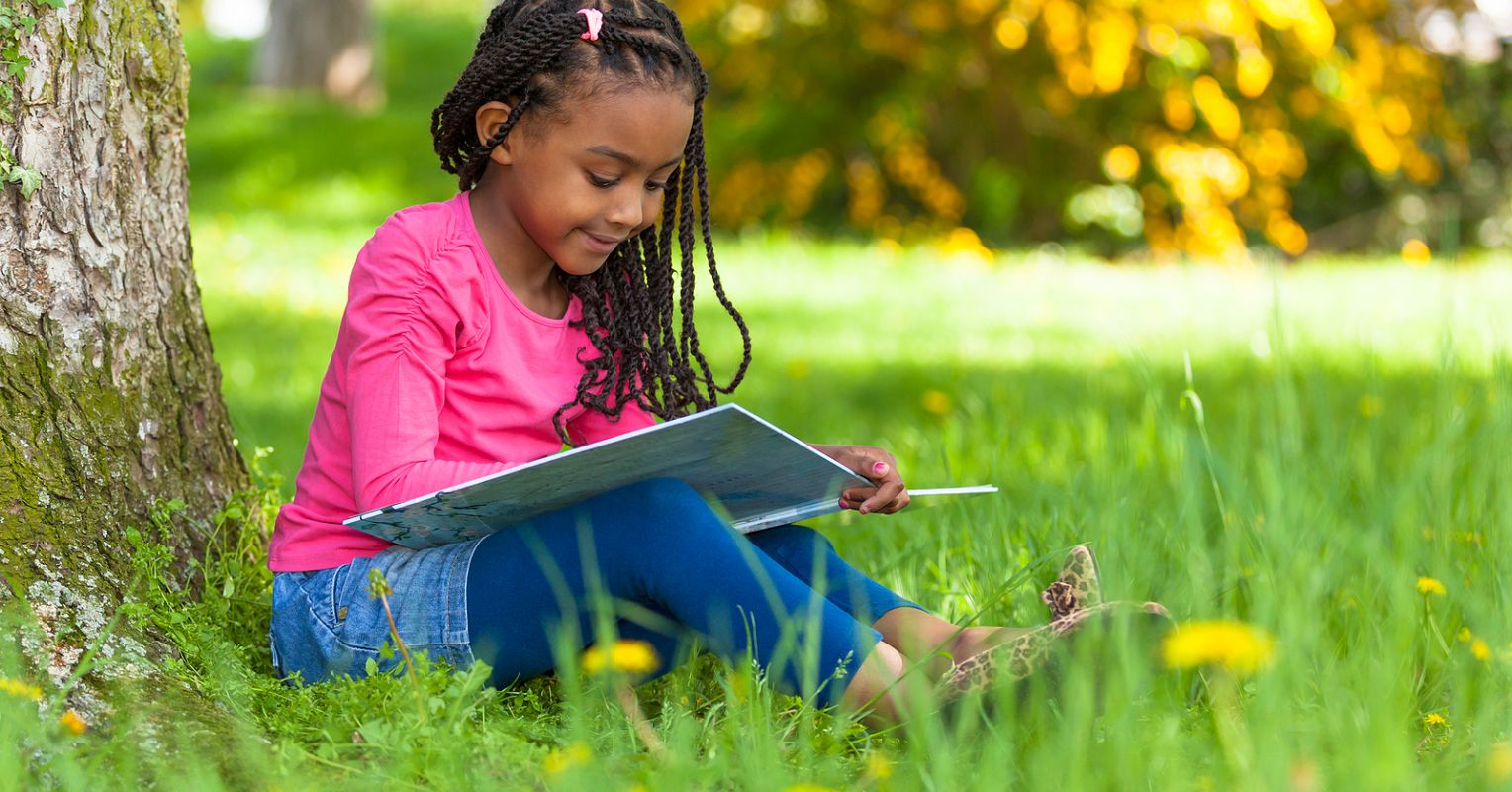Though news of the world can seem pretty grim at times, we at Greater Good try to see beyond the headlines. We know from research that it’s important not to give in to pervasive anger or despair. Even in the worst circumstances, there are always individuals and organizations doing good work and creating a more just, compassionate, and healthy world. We just need to elevate their voices and learn from their scientific insights and practical wisdom.
This year’s favorite books give us a chance to do just that. They provide many lenses from which to view our current situation, make better decisions around our personal happiness, and make our relationships and our communities healthier. Whether you need an understanding of how your mind works, ways to combat loneliness and isolation, reasons for hope, some more happiness and meaning in life, or tips for less contentious conversations—with loved ones and across social and political divides—reading these books can help you find your path toward a better tomorrow.
APA LifeTools, 2024, 227 pages. Read an essay adapted from Done.
More and more Americans are leaving religious institutions. Their reasons may be diverse, but no matter what drives them to leave, many find it tough to navigate a life post-religion—especially given the sense of belonging, certainty, and stability many religions provide.
X

Done, by psychologist Daryl Van Tongeren, offers a way forward for them. Based on extensive research, Van Tongeren reveals why people choose to leave religion behind, what challenges they may face, and some of the rewards they may encounter, including a spiritual practice more congruent with their values.
Unlike other books, Done doesn’t just offer stories—though there are stories that illuminate the text. It also provides cutting-edge research exploring this topic in depth and valuable, evidence-based tips for those who are seeking guidance.
Whether you are leaving religion entirely, trying to forge a new spiritual identity, or seeking to understand someone else’s choice to leave, the book shows how it’s possible to still have a meaningful life post-religion. And it provides insight for all of us, regardless of religious affiliation.
“By understanding other people who have left their religion, we can gain a better understanding of some of the deeper needs we humans share and how we address core questions of being human,” writes Van Tongeren.

Harmony, 2024, 352 pages. Read our review of Fight Right.
What makes love work? To understand what happens when we put our relationships under the microscope, we can turn to psychologists John and Julie Gottman, pioneers in the field of couples therapy.
For nearly 50 years, the Gottmans have been studying how to build and maintain strong relationships. They developed the Gottman method of therapy by observing thousands of real-life couples. One of their best-known principles, to “turn toward bids for affection” (or respond positively when our partner tries to connect with us), remains a touchstone for therapists.
In Fight Right, the team draws on their research to teach couples themselves how to deal with challenges—everything from day-to-day bickering to arguments that threaten to tear relationships apart. The Gottmans distinguish between “perpetual” conflicts, which they say represent 69% of conflicts and are based on values and personality, and “solvable” conflicts—and offer practical tips for addressing both kinds.
An important finding from research: The first three minutes of an argument often dictate the outcome. When we become too overwhelmed or “flooded,” we should take a break and return to the conversation later. Communicating gently, avoiding blame, and expressing our needs all help our conversations move in the right direction.
Fighting, it turns out, is not the problem; it’s all about how we do it.

Sounds True, 256 pages
Many people in modern times are seeking individual happiness. But focusing only on oneself is limiting and ignores our capacity to nurture collective flourishing—the well-being of all living beings and our environment—that is at the heart of Indigenous sciences and traditions, explains Indigenous scholar Yuria Celidwen in her book, Flourishing Kin.
Flourishing Kin sheds light on the complementarity between Indigenous science and Western science, which together can offer solutions to societal challenges like loneliness and disconnection, climate change and environmental degradation, othering and injustice, and dehumanization and genocide.
Celidwen shares key principles to collective well-being like kin relationality—our capacity to view all living beings as our relatives. Heartfelt wisdom is a principle that focuses on our capacity for emotions like gratitude, compassion, awe, and reverence, which spur us to act in ways that promote the greater good. Another principle, ecological belonging, refers to our awareness of being part of the Earth and our commitment to stewarding the natural world.
Celidwen weaves together research and stories of her life experiences and her ancestors’ wisdom, and offers practices to foster deeper meaning and reveal the interdependence of our well-being. “Flourishing Kin is intended to be a book held within the heart, body, mind, and Spirit,” she writes. “By this I mean that it is not a book of ideas. It is a book of stories, emotions, perceptions, sensations, and all sorts of invitations to sense, dream, dance, sing, imagine together.”

Grand Central Publishing, 288 pages. Read a review of Hope for Cynics.
It can be easy to slip into a worldview that assumes people are selfish, greedy, and dishonest, explains psychologist and empathy researcher Jamil Zaki in his book Hope for Cynics. Zaki begins the book by confessing his predisposition to cynicism and how he learned to change.
Some of us may be wary of hope because, at times, it feels gullible, risky, and downright wrong—like we’re ignoring the world’s problems. Cynicism, on the other hand, seems clever, safe, and moral. But Zaki tears down these myths about hope and cynicism. In fact, he argues, cynicism can become a self-fulfilling prophecy and an obstacle to activism and social change.
“Cynicism is not a radical worldview. It’s a tool of the status quo,” explains Zaki. “This is useful for elites, and [for] propagandists [to] sow distrust to better control people.” If we’re cynical that anything or anyone can change, we’ll be less likely to act to change things.
Hope for Cynics offers “hopeful skepticism” as an alternative to cynicism—not a naive one, but a wise one. It involves not just being open to people being good, but also to data and adapting our beliefs and behavior.
The book offers practical ways to nurture a habit of hopeful skepticism, like balancing your media consumption, which typically emphasizes negativity, with news stories that focus on solutions.
“Hope is practical,” says Zaki. “It gives people a glimpse of a better world and pushes them to fight for it.”

Atria/One Signal Publishers, 2024, 288 pages. Read our review of Look Again.
Have you noticed how easy it is to take good things in our lives for granted—or how bad things seem to not bother us as much over time? That’s because of “hedonic adaptation”—our tendency to derive less enjoyment from happy experiences and less sting from painful experiences as time passes.
In Look Again, neuroscientist Tali Sharot and Harvard law professor Cass Sunstein explain how hedonic adaptation works and how it affects us, for good and bad. One big problem: It’s hard to notice or care about things that aren’t new or novel, including ongoing social problems (like poverty and discrimination). It can also stop us from enjoying the things we love—even our close relationships.
“The good things in life (whatever your fancy—amazing food, great sex, expensive cars) will trigger a burst of joy if you experience them occasionally,” they write. “But once those experiences become frequent, daily perhaps, they stop producing real pleasure.”
To work against hedonic adaptation toward the good, the authors suggest things like taking breaks from whatever you enjoy (to make it seem new again), changing your routines to surprise yourself, focusing more on experiences than possessions, and more. By following their tips, you might find ways to savor the joys of life more fully and enjoy stronger, longer-lasting relationships.

Harper Business, 2024, 368 pages. Read our review of Possible.
Sometimes, conflicts seem insurmountable. We look at societal issues and political polarization, and it’s hard to see a way forward.
But negotiator William Ury has had firsthand experience helping to resolve seemingly intractable conflicts—like “The Troubles” in Northern Ireland and the civil war in Colombia. In his book Possible, he lets us inside his process of negotiating these kinds of stalemates, allowing us to find both greater hope for the future and skills we can use in our own lives to resolve long-standing disagreements and feuds.
One important negotiating tool he promotes is not getting too focused on the positions each side takes, but seeking the underlying goals and interests causing a conflict. For example, while political opposition parties may take a position for or against higher taxes, their interests may be more similar, such as access to health care or a more stable economy. Openly recognizing this can help move things along.
Other skills he offers include listening to and never dehumanizing the “other side,” looking for commonalities between fighting parties, avoiding “I win, you lose” scenarios, and engaging a wider community of people affected by the conflict (to encourage both sides to negotiate).
“If we can embrace and transform our conflicts, we can learn to live and work together. If we can do that . . . there is no problem, large or small, that we cannot address,” Ury writes.

Balance, 2024, 288 pages. Read our Q&A with Lorraine Besser.
Many of us consider “the good life” to be one filled with happiness and meaning. But recent research suggests another pillar of a life well-lived: psychological richness. This kind of life entails seeking challenging, novel, and complex experiences that engage our minds and stimulate deep emotion—or, put more simply, pursuing what’s interesting to you.
In The Art of the Interesting, Lorraine Besser explains the benefits of aiming for an interesting life. Being curious and open, she argues, can improve our sense of connection to others and our feelings of agency in the world. It can help bridge divides by toning down our tendency for black-and-white thinking, and can even help us participate more in activism.
Besser offers concrete tools for engaging with the world this way, such as tapping into your natural curiosity, planning less, and not shying away from challenges. The rewards of doing so are many, she argues—not only for us individually, but for the world.
“You’ll find your best possible life by tapping into your passions, learning what resonates with you and to what degree, and by recognizing what you need to enhance your life and when you need it,” she writes.

Penguin Press, 2024, 400 pages
According to the World Health Organization, one in seven 10 to 19 year olds around the world have a Mental health disorder. This alarming rise in mental illness in young people clearly needs urgent explaining—and addressing.
In The Anxious Generation, psychologist Jonathan Haidt argues that the disappearance of play-based childhoods and ubiquitous cell phone use among children are to blame for these trends, including young people’s increased risk of depression and suicide. And he provides ample research to back up this claim—from observational, lab-based, and large-scale population studies.
Play, he argues, is necessary for healthy child development, helping kids learn to cooperate and manage conflicts with others. Yet many parents keep their kids inside or only allow supervised, structured play, so that kids don’t learn the skills they need to form close relationships.
With smartphone use on the rise, it’s harder for kids to have the kind of meaningful, face-to-face connections they need, too. “In this new phone-based childhood, free play, attunement, and local models for social learning are replaced by screen time, asynchronous interaction, and influencers chosen by algorithms,” he writes.
Fortunately, Haidt also offers potential solutions. By delaying when kids have access to smartphones and social media and creating opportunities for free play, he argues, we can turn things around and help improve our children’s well-being.

St. Martin’s Press, 2024, 312 pages. Read our Q&A with Rhaina Cohen.
Many more Americans are living alone these days, often not by choice. This makes them susceptible to suffering loneliness, economic hardship, and the burden of caring for children alone.
While many of us consider family or romantic partners our first line of defense against these stressors, journalist Rhaina Cohen’s book, The Other Significant Others, explores another, unconventional option: deep, committed friendships. Her book shares stories of people who’ve created this kind of intimate partnership with friends and how they overcame hurdles—like parental expectations, misunderstanding from others, and legal issues—to create intertwined, shared lives.
Loving friendships are different from romantic partnerships, argues Cohen, yet still provide some of the same benefits—stability, community, and intimacy. And they don’t necessarily interfere with having a romantic partnership, too, as long as the friendship partnership is seen less as competition for affection than an extension of community—and worthy of nurturing and protecting.
Cohen’s book upends cultural views that assume a sexual relationship is necessary for partnering with someone, marriage is the highest form of commitment, and government benefits should be reserved for traditional families. Given our current loneliness epidemic and the number of marriages that end in divorce, it’s refreshing to read about people who have found a different way to meet their needs for intimacy.

Sounds True, 2024, 240 pages
In The Power of Bridging, civil rights scholar john a. powell authentically weaves his personal story and decades of research into this easy-to-follow guide for building a world where no group or person has the right to dominate another.
To do this, powell breaks down four key terms: bridging, belonging, othering, and breaking. He explains what it means to truly belong or feel connected to people, and what it feels like when we engage in breaking, or denying the full stories, complexities, or humanity of those we consider “other.” He explains the “other” as people we see as different, less deserving, and of lesser dignity than us.
powell, himself, was part of a very loving Black family where community, belonging, and church ran deep. But, at age 11, he had a fallout with his family and church, which led to him feeling disconnected and “othered” by his community. Years of rupture and repair with his family offered deep lessons in bridging, which he shares in his book.
The book offers deliberative, practical tools to orient ourselves toward making bridging a possibility, choice, and practice. Each chapter ends with nuanced reflective questions, such as “What aspects of your identity align with dominant groups?” and “What social issues give you anxiety?” These act as tools to help readers build muscles for authentic connections with people they don’t see eye to eye with.

Prometheus, 2023, 344 pages. Read our Q&A with Maggie Jackson.
Life is uncertain. We can never know for sure what the future holds. Yet living with that knowledge can cause anxiety and worry, making us want to push uncertainty away any way we can.
But, as Journalist Maggie Jackson argues in her book Uncertain, we shouldn’t fight uncertainty but learn to embrace it. Being able to tolerate uncertainty can help us avoid closing down our thinking too soon, take in new information, revise our perspectives, and avoid stereotyping others. The ability to just sit with not knowing is useful in everyday life, helping us to ask questions, learn, connect, and solve difficult problems.
Unfortunately, our culture often equates certainty with strength and power, rewarding those who appear sure of themselves in spite of their weaknesses and doubts. But, as Jackson shows through the research in her book, it’s people who know how to live with uncertainty and allow themselves (and others) to doubt who solve problems best and win out in life.
“Rather than being a sign of deficiency or weakness, wielding the cognitive tool of not-knowing is a mark of the persuasive arguer, the most capable student, the resilient physician and patient, and, by multiple measures, the nimble executive,” she writes.
Uncertainty, as it turns out, can be a superpower.

Doubleday, 2024, 304 pages. Read our review of Why We Remember.
Have you ever left your wallet at home only to discover its absence when you needed to pay for groceries? This is the kind of gaffe that makes you wonder what’s happened to your memory, when you used to have such good recall. You may even worry you’re succumbing to dementia.
But, as neuroscientist Charan Ranganath argues in Why We Remember, this is the wrong way to think about memory.
“Although we tend to believe that we can and should remember anything we want, the reality is we are designed to forget,” he writes.
Ranganath’s book is full of surprising insights from research. For example, readers learn how memories change every time they are recalled, some of our cherished memories probably never happened, memory can be easily corrupted, and novel or salient memories take precedence over memories that are more mundane (like where you left your wallet).
The key to making memory work for you is understanding the neuroscience behind memory—which Ranganath communicates clearly and with humor. By recognizing memory’s limitations, we can both stop worrying about impending dementia and focus on improving our memory for the things that truly matter.













